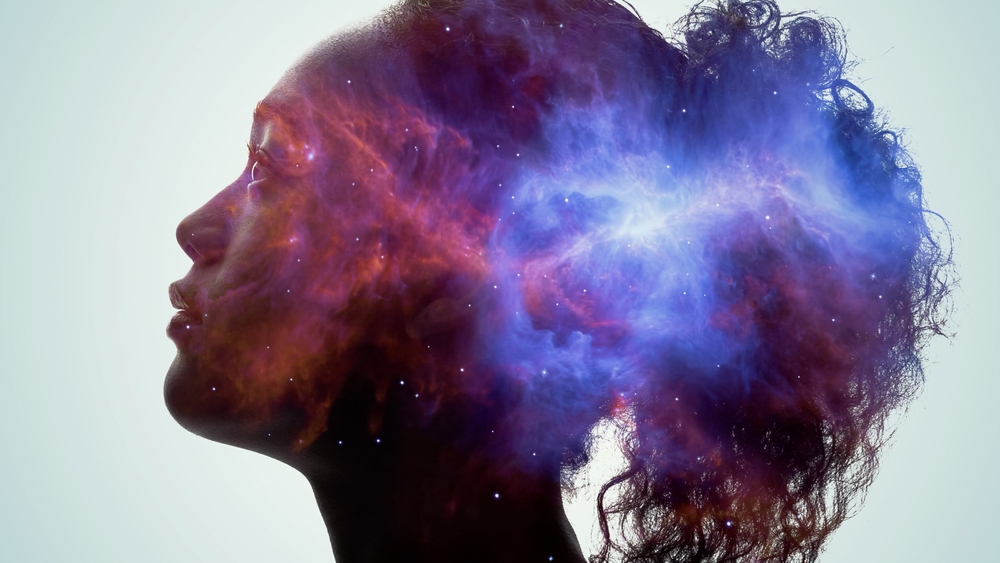Industry video game creatives, including voice and motion capture actors for video games, have recently reached a resolution with video game studios over concerns related to artificial intelligence.
Last Wednesday, the new contract was announced by the actors’ union, SAG-AFTRA. With the new agreement, video game studios Activision Productions, Blindlight, Disney Character Voices, Electronic Arts Productions, Formosa Interactive, Insomniac Games, Llama Productions, Take 2 Productions and WB Games agreed to actors’ demands to ensure A.I. is being used ethically in video game production.
New terms agreed upon include mandatory consent and disclosure when A.I. is used to replicate voices and motion, along with the option for performers to suspend consent for new material. The new deal also provides for better protection for motion capture actors who perform stunts, the presence of medics in high-risk jobs and increases in performer pay.
The agreement was approved 95.04% to 4.96%, effectively putting an end to an almost year-long strike.
“I’d like to express my sincerest gratitude to the Interactive Media Agreement Negotiating Committee and its chair, Sarah Elmaleh, who have worked tirelessly for nearly three years in order to achieve these necessary gains and protections alongside our negotiating staff and lead negotiator Ray Rodriguez,” said SAG-AFTRA National Executive Director & Chief Negotiator, Duncan Crabtree-Ireland, per a statement. “Now that the agreement is ratified, video game performers will be able to enjoy meaningful gains and important A.I. protections, which we will continue to build on as uses of this technology settle and evolve.”
As A.I. continues to develop, it is now becoming intricately tied to the video game industry. Along with using A.I. to measure the feelings and health rates of players to manipulate elements of the game as part of Ovomind, A.I. has been used to enhance graphics and create opponents.
According to Columbia, A.I. has the potential to become self-learning, generating its own imagery throughout the game. Through actual images, the technology can superimpose realistic images within each frame, providing players with a photorealistic view of the scenery.
A.I. also has the ability to take clips of actors’ voices and generate new speech for games.
With AI’s increasing usage, however, video game designers and actors have already raised the alarm about the threat of the technology taking over human work, a key point in the SAG-AFTRA’s 11-month strike.
As video gaming studios continue to explore AI-generated voices, a 2024 Fast Company report predicted that nearly 14% of gaming jobs will be impacted by AI by next year.
To combat the risk of AI replicas, along with the latest deal, the SAG-AFTRA performers’ union has expressed support for the NO FAKES Act, a bill that protects citizens’ identities from deepfakes and other AI-generated content.











